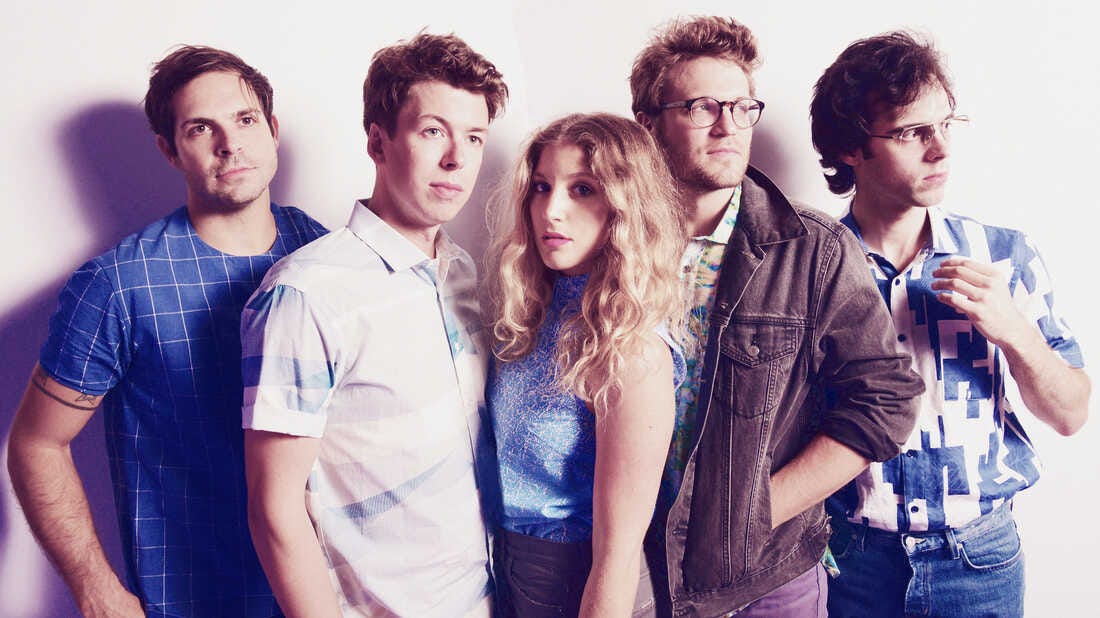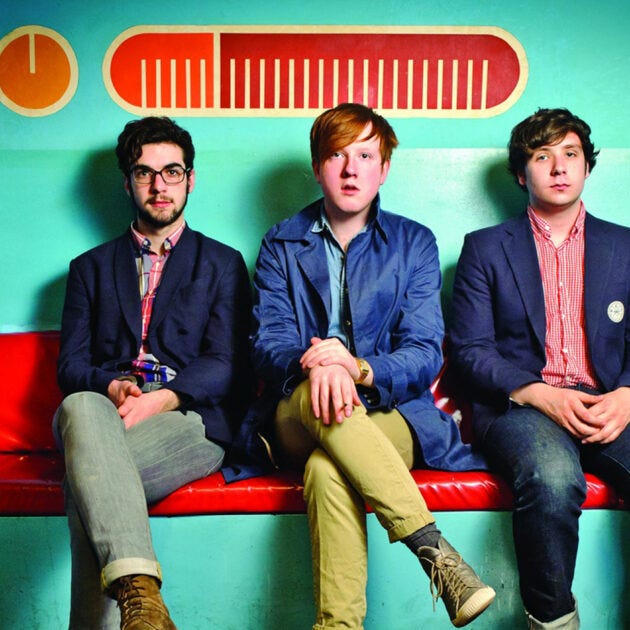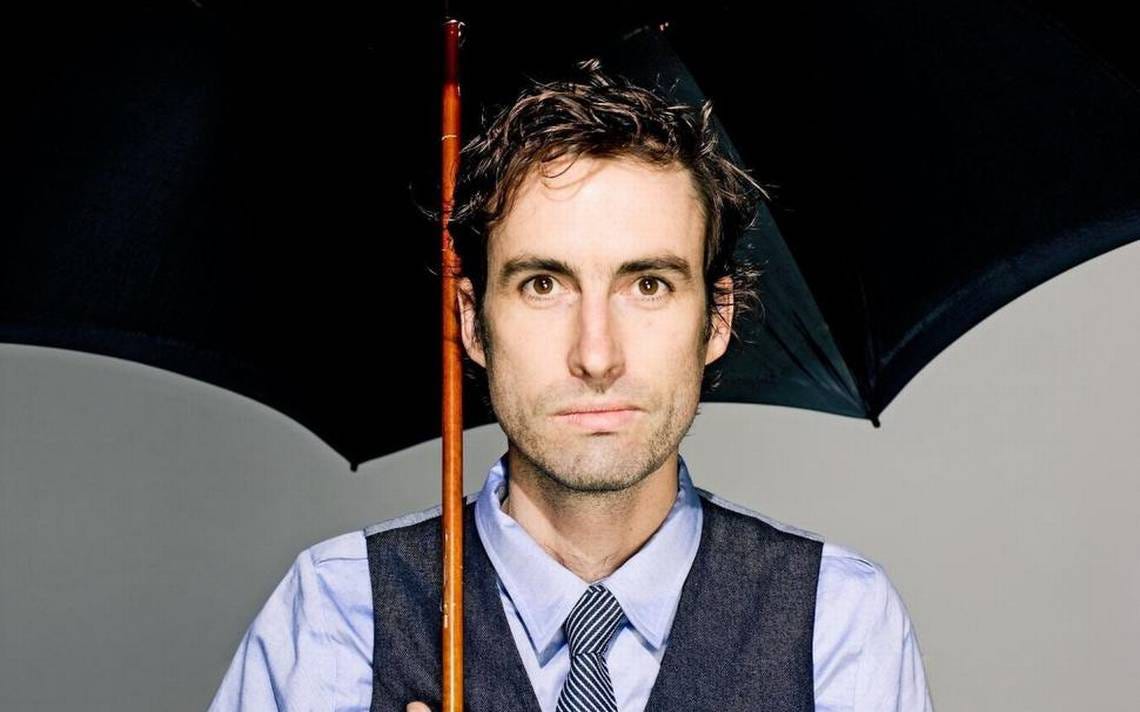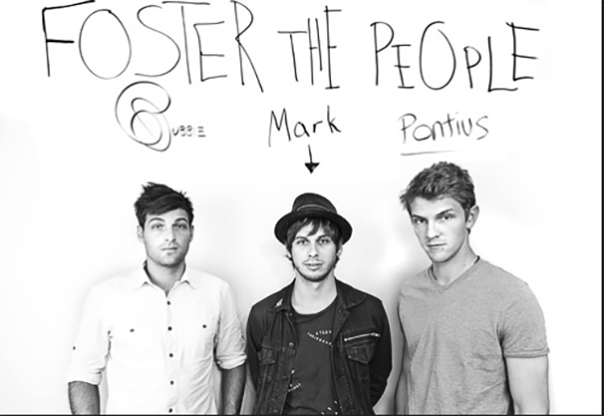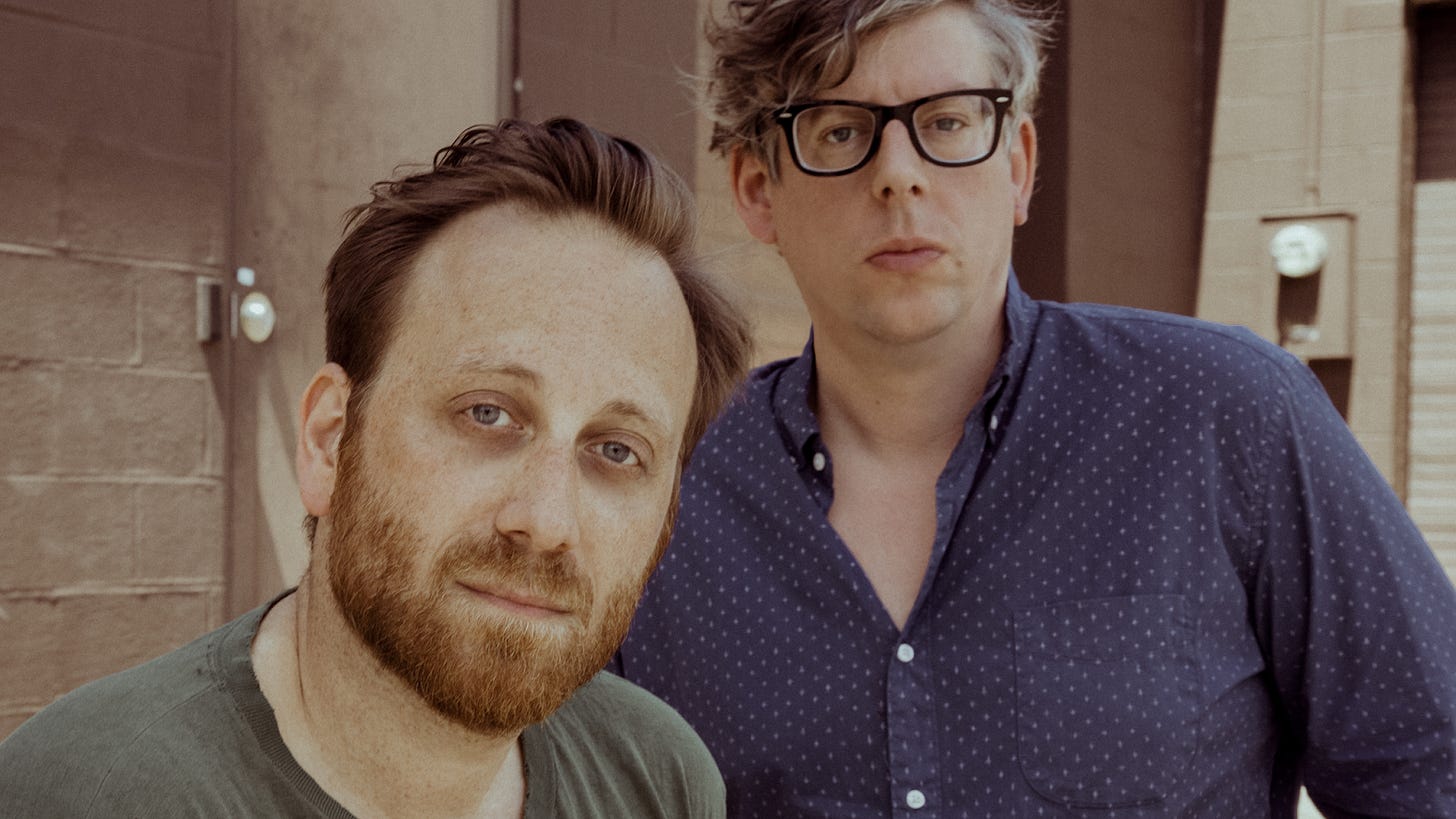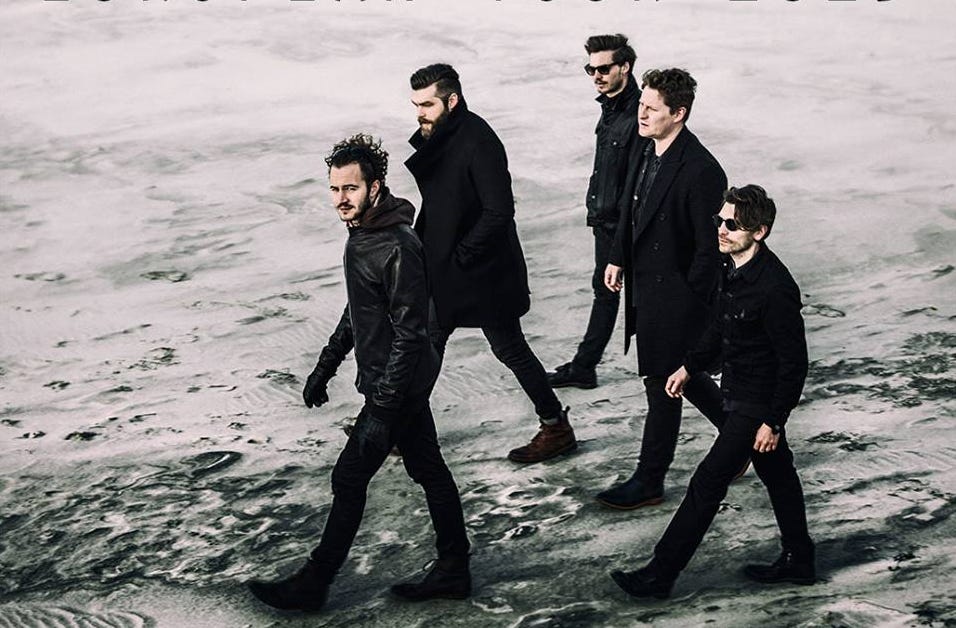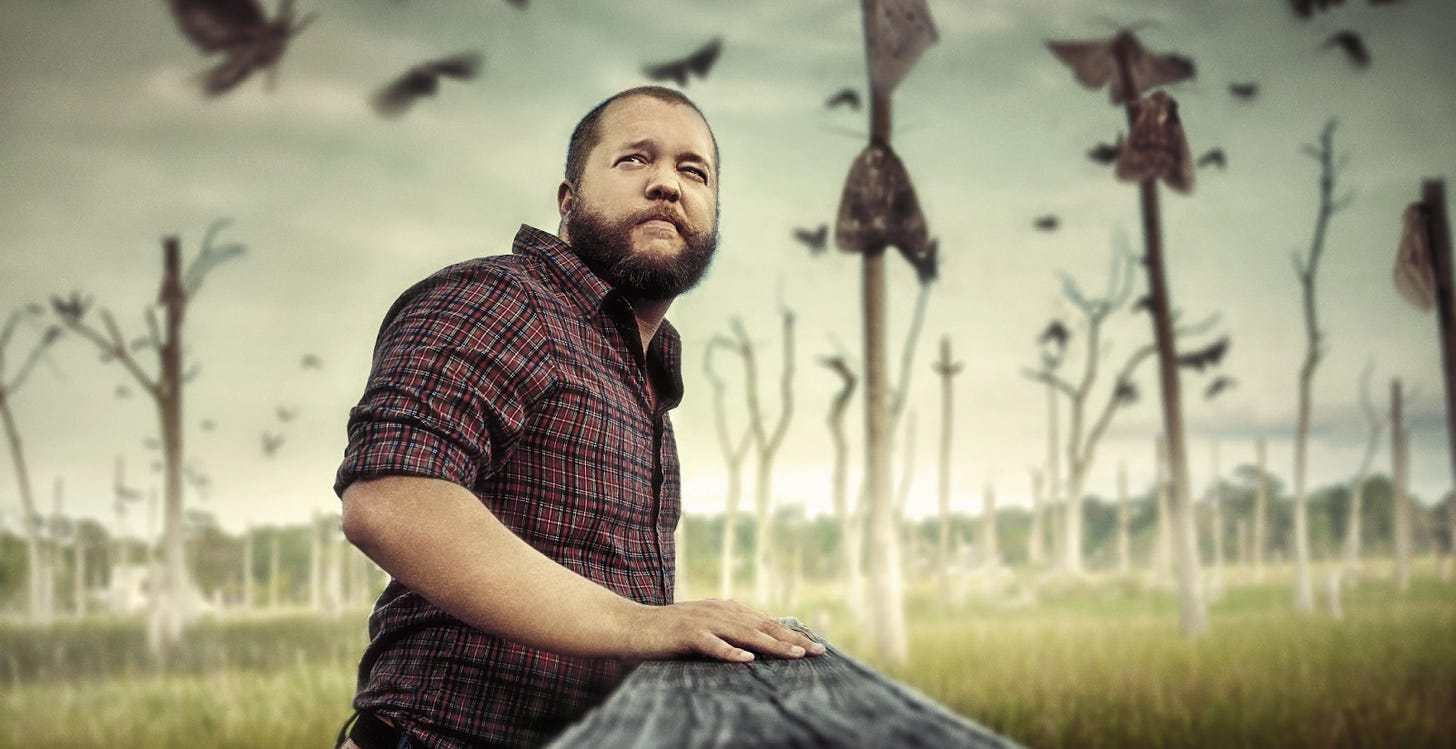Musicians I Listened To at 14 and Suddenly Never Again
Everyone can name the musicians who changed their lives forever, who they go back to often. I'm more interested in the bands I tried, loved, and dropped.
There are a handful of conversations that heads inevitably return to: what labels are on fire, which new releases are worth getting excited over, what that band sounded like in 2019, and one of my personal favorites: which band/album tipped the scales for you to become a music obsessive. Naturally, most people can barely reduce that journey down to one album, but many can pick a couple, especially if those albums/bands managed to stay with them long-term.
I’m more interested in the bands/albums with which I was obsessed but forgot about entirely. Whose music was I blasting at 13 or 14 that I left behind? When I wrote for my college radio station, I tried to compile a short list (the piece leaves a lot to be desired, but the spirit’s there). Now, almost 7 years after I wrote that list, I thought I’d revisit a few of the acts on that list as well as a few others from my personal history who I left back in my high school cusp. How did they come into my life, and why didn’t they stay there?
I ingratiated myself in the annals of alternative rock at about 14, so circa 2010/11. Ink has been spilled about the various aesthetic changes going on around this time: post-punk revival already reached its apex, chamber-pop collectives were starting to spin out better solo projects than group LPs, and chillwave/beach-adjacent sounds ameliorated the pain recent graduates endured in the financial crisis. I wanted a life as perfectly bright and ornate as a Wes Anderson film and I pursued music that I thought fit that lifestyle. And these are some of the musicians I thought I’d be following well into adulthood:
Ra Ra Riot
Before I signed up to use any streaming platform (including Pandora), I used YouTube to find new music. At 14, I’d log on, watch my favorite Best Coast or Vampire Weekend video, and make little click-ventures for myself listening to whatever the algorithm (at that time) thought I’d like. Back then, the YouTube algorithm wasn’t a scary monster that sent everyone to Nazi channels. Or maybe it did, but I was in my own world. I don’t know.
Either way, one day it told me to listen to “Oh, La” by Ra Ra Riot and I was immediately hooked. One of the standout tracks from their 2008 album The Rhumb Line, “Oh, La” was full of 2010s-cusp Devon-bait: prominent strings, propulsive hi-hat, a voice that wanders a line between youthful and mature. I based my first Pandora radio station around Ra Ra Riot. I tried listening to The Rhumb Line again around Christmas of 2021, wincing with each song (especially at their cover of “Suspended in Gaffa,” my favorite Kate Bush song). But, I’d be lying if I said that listening to “Oh, La” or “Dying Is Fine” isn’t fun when you’re driving on rural highways in the fall on the way to an apple orchard.
Two Door Cinema Club
My eighth and ninth grade years were banner years for the Northern Irish band. In 2011, my ninth grade year, the band played for a sold-out crowd at Beachland Ballroom in my hometown of Cleveland, a 500-cap room (huge by Cleveland standards). No, I was not in that crowd, as much as I would’ve liked to be. The band has an undeniable appeal: danceable rock taking the poppiest of post-punk revival with a healthy dose of electronics to give it a little shine. They were my friends’ biggest obsession at the time, and I’d sipped that Kool-Aid, too.
In particular, my sister dug the song “Undercover Martyn” off their 2010 debut album Tourist History. As I go back to it now, I agree it’s the best on the album. I think Gen Z/Gen Alpha knows this, too, since it keeps popping up in contemporary memes. As I listen back to the album as a whole, I understand its context much better: big names in indie rock had been bumping post-punk and art rock in any number of permutations (think Foals, Editors, We Were Promised Jetpacks), and Two Door Cinema Club, while maybe a bit late to the game, took it to its poppiest extreme.
Andrew Bird
When I was about 15, Pandora made absolutely sure I was aware of Andrew Bird’s 2007 album Armchair Apocrypha. I first heard the track “Heretics,” with its twee-adjacent, pop-inflected guitar line that he layers with violin (naturally). It didn’t take long before I was YouTube-ing “Spare-Ohs,” “Plasticities,” and “Yawny at the Apocalypse.” Songs from Armchair often came on rotation at the restaurant where I worked senior year, a sit-down pizza chain where the Cincinnati-based owner would curate playlists for all the restaurants.
Andrew Bird is someone who I left behind but still check in on when he drops a new release (which he does often). I can remember listening to 2022’s Inside Problems and thinking it was just lovely. His tours go crazy and critics still seem warm to him. It’s a bit of a shame that I look at that as if it were impossibly anomalous. A career in writing, recording, and releasing music doesn’t need to fizzle out in your first few years of relevancy. If anything, people are finding new and meaningful ways to stay relevant, even if those ways don’t look like Andrew Bird – continuing to tour and drop new music to an adoring fanbase.
Foster the People
The sound of the summer in Lakewood, Ohio, during the transition from middle to high school was, undoubtedly, the sound of Foster the People. The band has Ohio roots via Mark Foster, who grew up in the suburbs between Cleveland and Akron and sang in Cleveland Orchestra Youth Chorus (so, if you don’t like FtP, blame them). Their 2011 debut album Torches spawned one especially massive hit, “Pumped Up Kicks,” but you could also find me strutting down the street bumping “Helena Beat” or “Houdini” at the tail end of the summer when I started high school.
I wanted to say that, when I go back to Torches, that I don’t hate it, but I do. I have enough fondness of “Pumped Up Kicks” not to hate it entirely, but whatever was going on in the synth-pop realm that informed this album is just awful. It’s true that successful pop figures out how to repeat the same phrases to get something stuck in your head, the level of repetitiveness within each track on Torches, down to its base production, lends itself to quick annoyance. Torches is as dated as the Nissan subcompact cars that used “Don’t Stop (Color on the Walls” as their background song.
The Black Keys
For a while, The Black Keys had won the hearts of critics and awards shows, making abundantly clear that alternative rock (however you define it) wasn’t just the domain of blogosphere freaks. The Akron, Ohio-originating duo had a great 2000s, but their entries at the start of the 2010s — 2010’s Brothers and 2011’s El Camino — made them cross-generational household names. I remember attending their 2012 arena date in Cleveland (yes, their hometown show) with my father; I was more excited for Arctic Monkeys. In a way, I guess that was prescient: the British band’s 2013 album AM is still, today, more of a sensation than any Black Keys album, at least with ordinary people.
I don’t know what it was about The Black Keys’ bluesy delivery that kept people coming back for more, but I know it’s central to their appeal. Any blues rock riff has the power to strike an American to the core, but why The Black Keys? As someone whose fandom for this band evaporated quickly, I’ve somewhat refused to investigate why. Doesn’t help that Patrick Carney is, well, who he is. Dan Auerbach, arguably, is more famous as a producer, working closely with Lana Del Rey, Cage The Elephant, Shannon & the Clams, Robert Finley, and more icons.
Editors
I don’t remember exactly how I found this band in the eighth grade, but I know it was that year. The PIAS-signed post-punk freaks dropped their album In This Light And On This Evening in early 2010 and I thought their creepy, synth-laden tunes were genius. I loved “The Boxer,” “Walk the Fleet Road,” “You Don’t Know Love,” and the title track with a fervor. That Christmas, I asked for two CDs: this and High Violet. I can still listen to High Violet and enjoy myself. I can’t, however, listen to In This Light.
Maybe that’s a bit harsh, I still kind of like “Walk the Fleet Road.” But it’s wild to listen to this wave of brand name post-punk and think about all the bands today who are doing it much, much better. At one level, the music is deeply emotional, but it comes across as theatrical rather than raw in any meaningful way. Crafting darkwave with a pathos-heavy vocal performance is bound to sound like weird Broadway. I have kept my distance from this band since then. Maybe I’ll report back on that subject.
Radical Face
Towards the end of middle school and into early high school, a certain strain of big indie folk had seeped into the water. Mumford & Sons had already burst onto the scene as a major-label success story. People were no longer satisfied by Edison bulb light fixtures, opting to get the iconic light source tattooed on their extremities. One of those folk-dream pop-electronica releases that got my ass was Radical Face’s 2007 album, Ghost.
I don’t remember where I first heard the song “Welcome Home,” but it was everywhere — commercials, end credits, MTV shows, promotional ads for universities — and upon re-listening, it still goes. Those rapid handclaps pair quite nicely with Ben Cooper’s hushed vocals and rapid-fire strumming. Besides “Welcome Home,” I loved “Glory” and “Wrapped in Piano Strings” the most. At a certain level, I think this kind of folktronica is still beautiful. I don’t know many musicians today who can make it convincingly, though.
Bon Iver
This is the newsletter where I admit that I haven’t listened to Bon Iver seriously since I was very young. That’s not really something I take pride in. I remember being 15, loving the songs “Skinny Love,” “Flume,” and “Holocene,” thinking they contained unprecedented profundity. Upon revisiting For Emma, Forever Ago and the self-titled, I can’t pretend that Justin Vernon’s music is my favorite — but of all the bands I revisited for this little piece, I revisited his last, and his music is a breath of fresh air. He has a brilliant mind for arrangement and strong lyrics, even if I’m not entirely able to get past his voice.
Bon Iver remains a crowd pleaser to this day, even for snobs (sometimes). What has inspired me to keep Bon Iver in the past has mostly been personal — this was a shared favorite artist between myself and one of the last girls I ever dated before coming out as gay. We’re adults now with our own lives, but music associated with loaded adolescent memories can still sting. That’s not Justin Vernon’s fault. But his singing voice kind of is his fault. I don’t think he does a bad job with it at all, but it doesn’t sit as pleasantly in my ears as it does in others’.




